FTC Disclosure: If you make a purchase via a link on this site, We may receive a small commission on the transaction - at no added cost to you. Thank you!
Hummingbird Feeder Ants
How to Keep Ants out of a Hummingbird Feeder
7 Guaranteed To Work Easy Solutions!
The Very Best way to keep hummingbird feeder ants away is to use an Ant Moat!
An ant moat is filled with water above a hummingbird feeder and since ants can't swim they cannot access the feeder.
Hang your feeder under the ant moat, fill the ant moat with water and voila! .....no more ants!
Hummingbird feeder ants can be a serious problem. Here are 7 easy solutions!
Nectar is a mixture of sugar and water and what ant doesn’t love a good sugar treat? How many picnics have you had spoiled by the annoying presence of ants? For hummingbirds, ants are more than annoying.
Hummingbird Feeder Ants are a real health hazard for the hummingbird!
First of all, ants will steal the nectar. As you may have witnessed, once they come to the feeder, the ants come by the thousands and are capable of eliminating a noticeable portion of the hummingbird’s dinner.
Next, ants often enter the nectar and die contaminating the nectar! Ants will deter hummingbirds from coming back to your feeder if the problem isn’t solved.
Even though hummingbirds eat insects for a protein source, they do not like the taste of ants.They instinctively know that these particular insects can cause them disease.
How to get rid of Hummingbird Feeder Ants
........7 easy solutions.
1. Always check for leaking feeders first. Leaking feeders attract ants! You may just as well put out a welcome mat if you provide such easy access for ants to get the nectar.
Some feeders leak more than others. I remember our first cheap plastic bottle type feeder. It leaked like a sieve and the ants came marching in. These feeders are common everywhere but quickly break down with the outside elements and soon leak.
Please contact us if you have questions about what feeders might be a better choice in order to prevent hummingbird feeder ants.
2. Ant moats are the best solution. They are simple to use and save you time. Plus they will eliminate the worry of injuring or sickening the birds with other chemical ant deterrents.
How to Use an Ant Moat: You simply hang an ant moat above your feeder and fill it with plain water. Ants can’t swim and cannot cross the moat to get to the feeder. Buy an ant moat.
3. Buy a feeder with a built-in ant moat. It is worthwhile to invest in a better feeder with an ant moat. You can find many examples of hummingbird feeders with ant moats in our store.
4. Buy a feeder with a design to
prevent leakage of nectar. Tray style/ saucer feeders are drip free
because they have a horizontal reservoir. Most tray feeders these days
have the added bonus of ant moats built in.
See our HummZinger Ultra Tray Feeder Review.
5. It sometimes helps to hang
the feeder in the shade and out of the hot sun. Nectar is a liquid and
expands when it is heated causing leaking. Maybe people do prefer to
keep their feeders in a location that can be easily viewed. Hummingbirds
are just too much fun to watch.
Sometimes the best location for viewing
turns out to be a sunny one. That dilemma has a solution too! You can
purchase a shade to cover the feeder. These popular shades effectively
help to prevent the nectar from overheating even in the sun.
6. Try
hanging your feeder on a slippery fishing line that is strong enough to
hold it securely. Hopefully, the ants will not be able to get a grip to
climb up. Again, if you live in an arid climate where ant moats don’t
work well, this trick might help.
7. Use a fountain. Some of our friends in this situation enjoy using a fountain and hanging the feeder in the center. The water won’t evaporate too quickly. The hummingbirds will have a water source that they especially need here. Hummingbird feeder ants will not try to pass through the water.
What not to do!
Please! Please! Do Not Use Insecticides or other poisons in or around your hummingbird feeders. Even though they are not ingested directly, these chemicals will harm your beloved hummingbirds. Yes, the scent is meant to deter pests but hummingbirds do not have a sense of smell. They do not sense the danger of these harmful poisons.
These tiny birds will inhale the chemicals in the air or on the flowers and it takes extremely little to hurt them. In addition, the hummingbirds are especially swift flyers. They sometimes bump into their feeders or flowers causing them to ingest the chemicals.
Another Questionable Practice at Best in regard to Hummingbird Feeder Ants!
Some people put a light coating of vegetable oil or petroleum jelly on the hook, chain, or string that hangs hummingbird feeders. Ornithologists have warned that this is a bad practice because hummingbirds are fantastic flyers and this could impair their flight. They often bump into the hook, chain, string or feeder when coming to feed and during territorial fights. This can be disastrous for hummingbirds when they are coated with petroleum jelly or vegetable oil.
Many people don’t realize that hummingbirds have special flight. This flight ability is essential to the survival of a hummingbird. They need to keep their feathers extra clean and light at all times. We all want to help the hummingbirds not harm them.
Speed is an essential survival skill for hummingbirds. When they zip past us, their wings are moving so fast that they become a blur to our eyes. Nature always has its reasons.
In the case of the hummingbird, this super-fast flight enables these tiny creatures to escape from predators. As they hover at our feeders and flowers, we can witness the quick pace of their wings. So it is essential for hummingbirds to keep their wings clean from any debris especially oil or similar substances that can weigh them down.
They do preen (clean) their feathers constantly all day long. So an added danger is that the hummingbirds will ingest some of the toxic oil.
How to Keep Ants out of a Hummingbird Feeder?...... SOLVED!
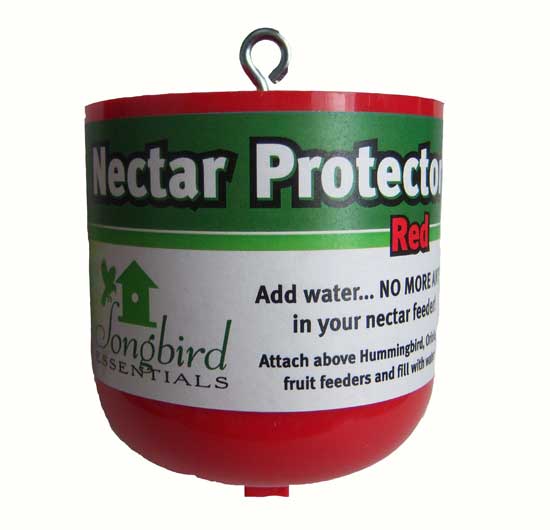
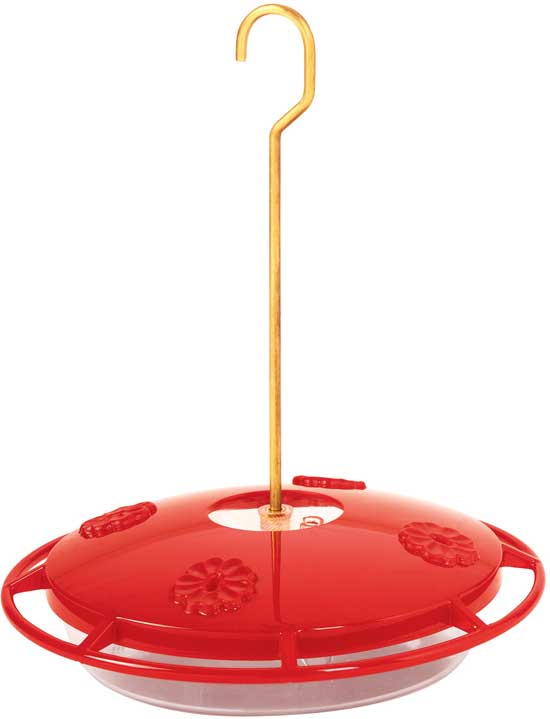
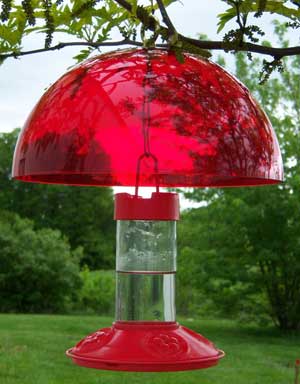
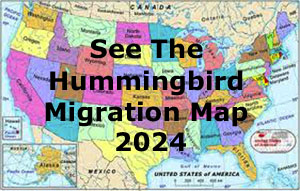
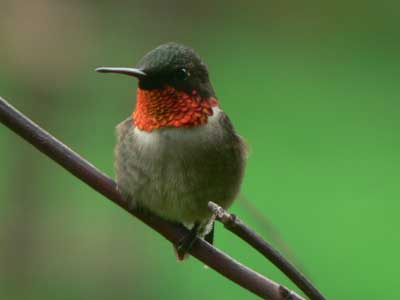
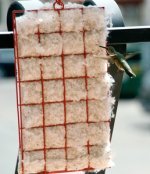






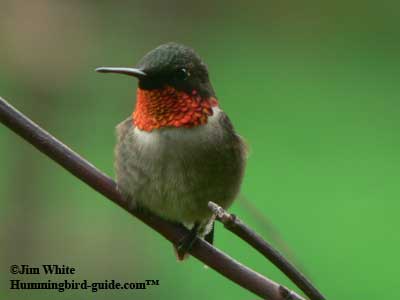
New! Comments
Have your say about what you just read! Leave me a comment in the box below.